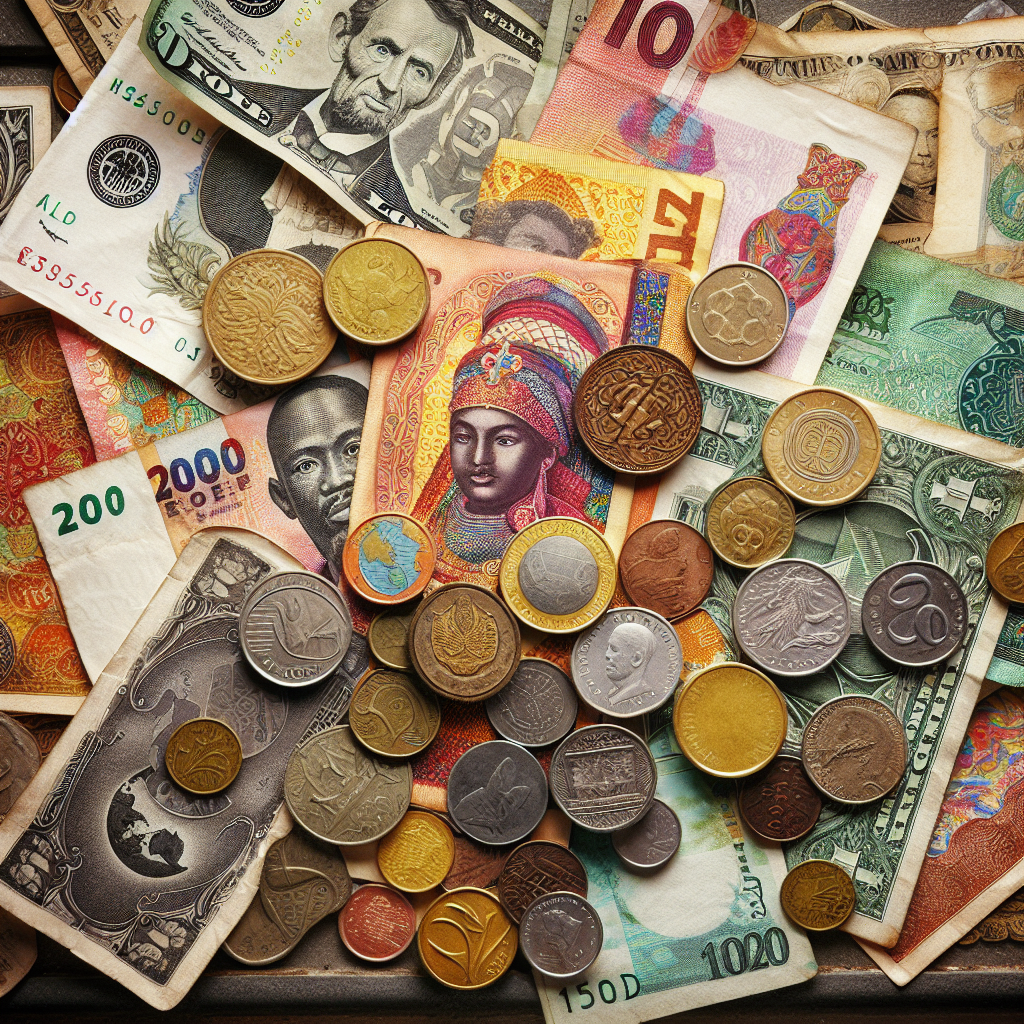Global Currencies Shift as BOJ Hikes Rates and Trump Eases Tariff Stance
The yen experienced volatility following a rate hike by the Bank of Japan, while the Australian and New Zealand dollars surged as U.S. President Trump hinted at negotiating with China over tariffs. Trump's comments affected global currencies and markets, influencing Asian currencies and dampening the U.S. dollar.

The Bank of Japan's decision to raise interest rates by 25 basis points, alongside U.S. President Trump's softened tariff stance on China, has created significant movement in global currency markets.
The yen saw fluctuations following the BOJ's announcement, with market attention now focused on BOJ Governor Kazuo Ueda's forthcoming statements for future policy direction. Meanwhile, the euro and sterling showed modest gains against the yen.
Trump's comments favored the Australian and New Zealand dollars, increasing their value as potential proxies for the Chinese yuan. His remarks also precipitated a decline in the U.S. dollar and highlighted potential volatility ahead, stemming from his stance on Federal Reserve interest rates and cryptocurrency policies.
(With inputs from agencies.)
- READ MORE ON:
- yen
- BOJ
- Trump
- tariffs
- Australian dollar
- New Zealand dollar
- currencies
- China
- dollar
- Fed
ALSO READ
Dollar Dominance: Trump's Tariffs Shake Global Currencies
Dollar Dominance: Global Currencies Under Pressure
Emerging Market Currencies Slump Amidst Rising Dollar and U.S. Treasury Yields
Global Markets React: Emerging Currencies Steady Amid Ceasefire and Economic Speculations
Global Currencies in Flux: Yen Strengthens, Pound Finds Relief Amid Inflation Data










